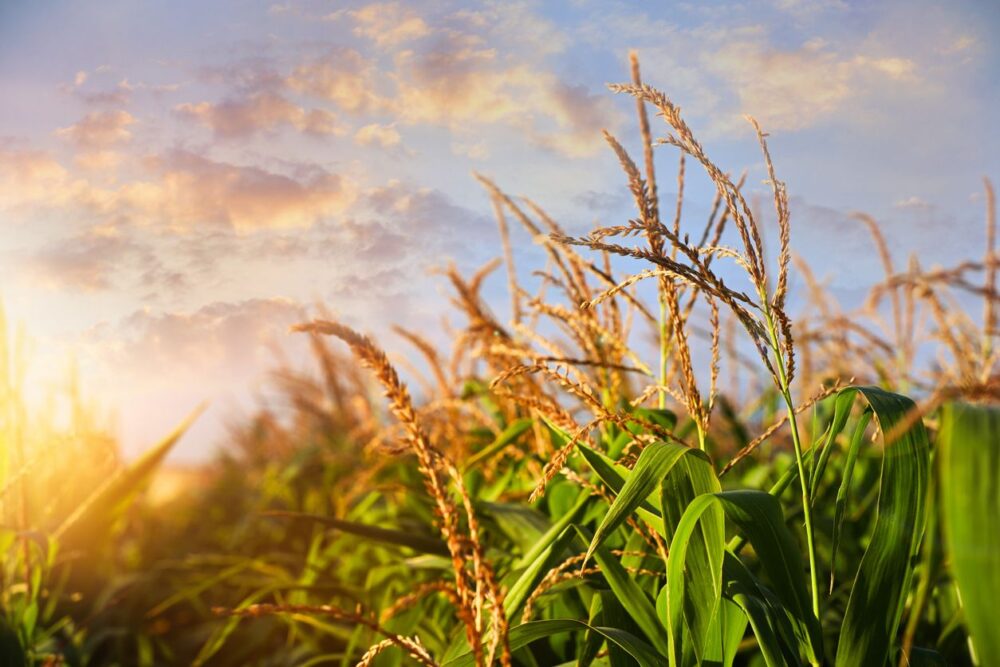Use of biological crop solutions amongst US row crop farmers has increased 8% over the last two years, according to a new study from research and consulting firm Stratovation Group.
“Ag Biologicals: Revisiting Farmer Value, Perception and Potential” follows up on the firm’s 2022 baseline research, and focuses on farmer sentiment around the agricultural biologicals market.
The 2022 research found that 83% of US row crop producers and farmers were aware of the term biologicals.
In 2024, awareness of biologicals has jumped to 87%, while awareness of specific subcategories such as biostimulants and biofertilizers has grown 14%, according to the report, for which Stratovation Group partnered with The Fertilizer Institute, the Agricultural Retailers Association, and DCLRS.
Just under half (45%) of US row-crop producers say they currently purchase or use ag biological products, up from 37% in 2022.
“Farmers who use biologicals on their row-crop fields continue to rate them positively, and increased yield was by far the most common metric of success among biological users (85%), followed by profitability at (45%),” notes the new research.
Of those farmers not currently using biologicals, most said they would be willing to try them if their profitability could be further proven.
Biologicals on ‘a steep upward trajectory’
A recurring discussion at the recent 2024 Salinas Biologicals Summit was around the rate of traditional crop protection products becoming unavailable for farmers and producers.
“The fact of the matter is, we’re losing synthetic products at a pretty rapid rate now,” Western Growers president and CEO Dave Puglia said at the event. “That’s what biologicals represent to us: it’s a huge, looming potential set of solutions that we have to realize.”
Just days ago, for example, the US Environmental Protection Agency issued an emergency order to stop use of weedkiller dimethyl tetrachloroterephthalate (aka DCPA or Dacthal), calling it “so dangerous that it needs to be removed from the market immediately.”
While DCPA is used more on specialty crops like cabbage and broccoli, ongoing battles around dicamba and glyphosate could impact row crop farmers, too.
Given all this, biologicals are currently on “a steep upward trajectory,” says Stratovation Group CEO Cam Camfield.
“Farmers who apply biologicals to their corn, soybeans and other row crops consistently told us they view these natural inputs as sustainable tools that boost yields, enhance profitability and provide soil health benefits,” he said.
‘Additional education’ still needed
At the same time, the report highlights the need for more education about agriculture biologicals.
“[We learned] that a significant amount of additional education is still needed to help this market reach its full potential,” notes Camfield. “Biological companies should continue to take the enlightened approach of sharing performance results far and wide with influential farmers as well as their trusted crop advisors and agronomists.”
Education was also a repeat theme in Salinas this year, where “lack of education” was cited as the number one barrier to more adoption of biologicals.
“We have not gotten past this half of growers who don’t know about biologicals despite all the things we’re doing in education,” explained Dr. Pam Marrone at the event. “[Growers] need more education in order for them to get over the hump and start using biologicals and better learn how to use them.”





